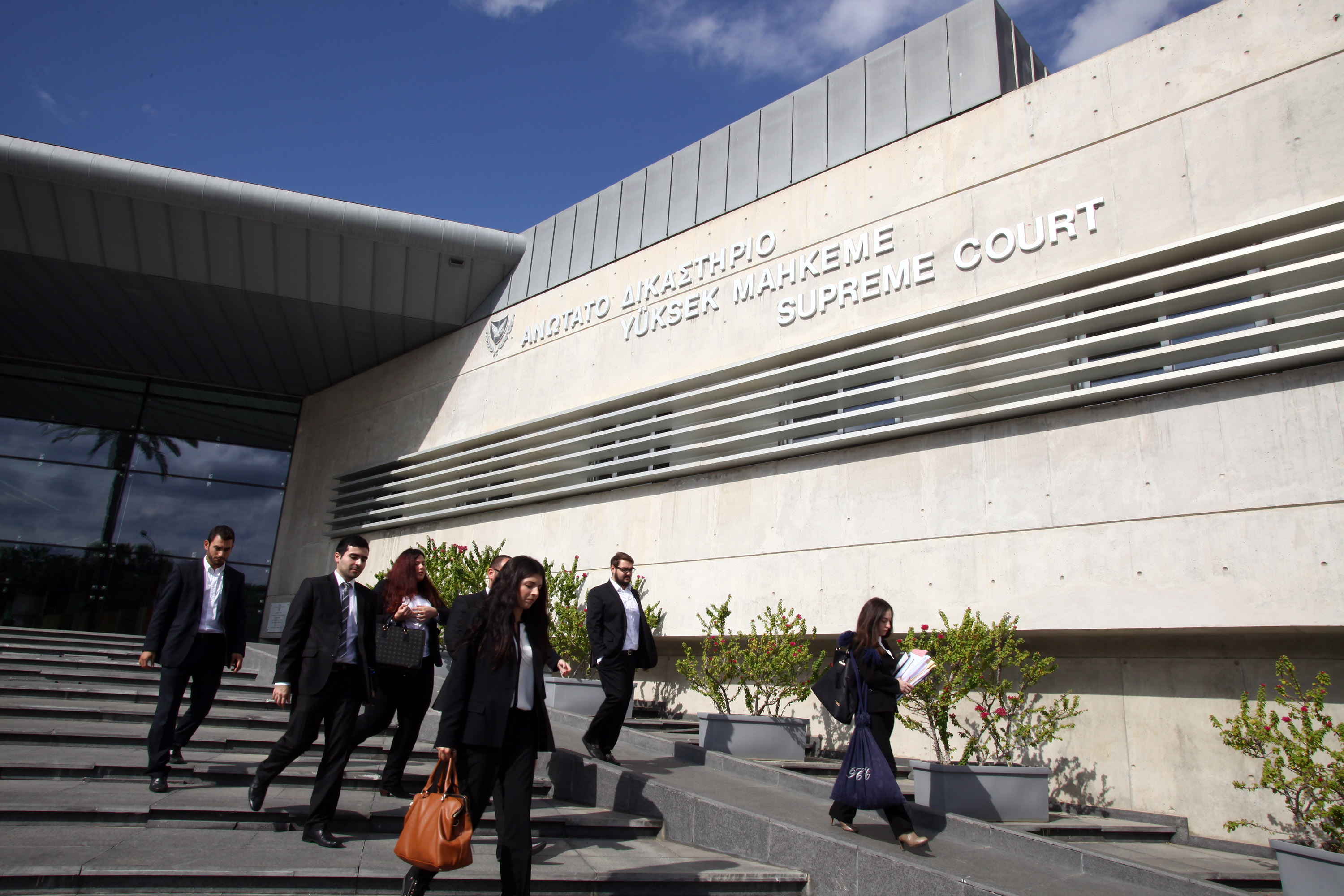The Supreme Court on Thursday rejected a case brought forward by Turkish Cypriots in mixed marriages with Turkish nationals seeking Cyprus citizenship for their children, citing that the individuals involved in the case are not “stateless”.
Specifically, 16 individuals filed a case to the Supreme Court over denial or no response from the interior ministry over their citizenship request.
Although people from other mixed marriage situations are allowed Cypriot citizenships when the other parent is not from Turkey, Turkish Cypriots in this situation have been denied citizenship based on a cabinet decision in 2007 made under late President Tassos Papadopoulos to not give them citizenship.
The issue first surfaced in 2002, when a new law stated that all children born to a Cypriot and a third country national that has illegally entered the country would be denied citizenship.
However, the government made the discrimination clear in a 2007 cabinet decision, where it is clearly stated children born from one Turkish parent will not be eligible for citizenship, while children, whose one parent is from another country, will be allowed to apply so long as one parent is Cypriot.
In its decision on Thursday, the Supreme Court said that the 16 applicants should take their case to the administrative court.
It also rebuffed the individuals’ claims that they are stateless since they all have Turkish passports from one parent.
The Turkish Cypriots had asked the court to issue a court order, “to the Civil Registry and Migration Department and/or the Minister of the Interior and/or the Council of Ministers, to order the establishment of a specific procedure with defined criteria and/or terms by which to recognise stateless children in accordance with the Statelessness Convention of 1954 and 1961 (Statelessness Convention) and/or in accordance with international law.”
In their appeal, the applicants, some of whom were born before the Turkish invasion of Cyprus in 1974, claim that they are children or descendants of Cypriot citizens on the one hand and Turkish nationals on the other.
On this basis, they asked the competent authority to be registered as citizens of the Republic of Cyprus. They each submitted their application, in this regard, based on the Population Register Law of 2002, (L.141(I)/2002), as it has been amended.
However, they did not receive any response on the issue and neither have they been assigned the above status so far.
For some, the application was put on a list, to be examined in time, while others saw their applications due to insufficient data for their further promotion.
The latter consider themselves stateless and are blaming the Republic’s authorities for failing to fulfil their obligation to grant them citizenship.
As noted in the decision, the applicants acknowledge that the Republic of Cyprus did not accede to the International Conventions. Additionally, it is noted that the applicants, except one, have Turkish citizenship, because one or both of their parents are Turkish citizens. Therefore, they are not stateless, as they claim.
The sole exception among the 16 Turkish Cypriots is a minor who was born in Cyprus and is of Cypriot origin, due to male parentage.
Meanwhile, two months ago it emerged that traction was being gained by a group of Turkish Cypriots in mixed marriages, who have filed a petition with the EU over delays and in some cases denial of processing citizenship applications for their children.
After a Nicosia administrative court ruling a year ago, a group called the ‘Uncredentialeds’ has been working to make progress, as children born in a mixed marriage with a Turkish citizen are unable to receive their Cypriot IDs and passports, despite one of their parents holding a Republic of Cyprus ID. The group estimated that as many as 30,000 people are affected.
Most recently, the group filed a petition with hundreds of signatures to the EU parliament’s committee on petitions to discuss the matter.
According to the announcement from the group, 675 signatures were collected for the petition to the EU committee, in hopes that it will be debated as thousands of Turkish Cypriots are affected by the issue.
The petitions committee mission says that people filing to it will allow parliament to conduct an ongoing reality check on the way EU legislation is implemented.







Click here to change your cookie preferences